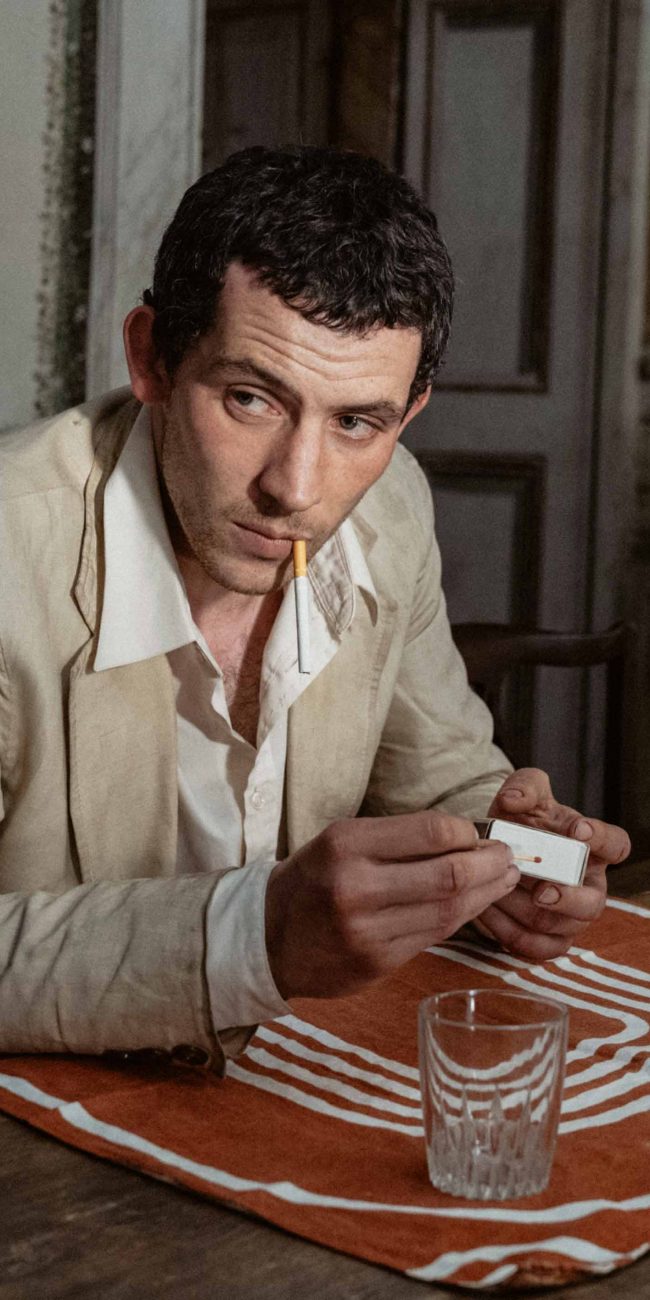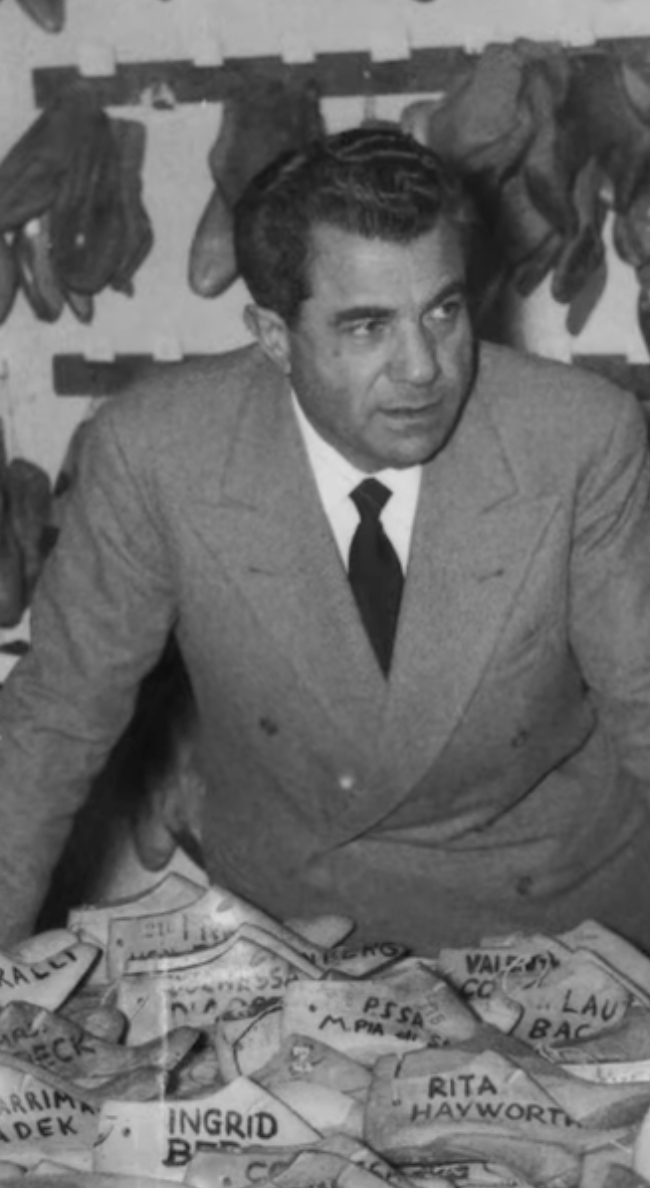VALENTINO: THE LAST EMPEROR
(Valentino: The Last Emperor opens Wednesday, March 18th at the Film Forum before expanding to other cities. Visit the film’s official website for more information.)
For my money—of which I have almost none, mind you—the exclusive world of the high-dollar fashion industry symbolizes wealth at its most excessive, egregious, and ostentatious. That is why I was less than excited to watch Matt Tyrnauer’s Valentino: The Last Emperor. The thought of having to suffer through a ninety-minute barrage of celebrity fawning and back patting, of jet-setting from runway to runway, of listening to some old quack brag about who he knows and how important he is, made me want to do something more pleasurable, like wait in line at the DMV or get stuck in traffic on the New Jersey Turnpike. And while the film certainly peers behind those jewel-encrusted curtains to show just how ludicrous and self-parodic this larger-than-life universe can be, Tyrnauer manages to subvert one’s negative expectations by finding the humanity and warmth and humor that exists within it. Ultimately, it is in the relationship between Valentino and his partner Giancarlo Giannetti—in business, in life, and in love—where Tyrnauer’s film becomes something genuinely noteworthy. Valentino is, without question, one of the more interesting screen romances of recent memory.
But back to that whole fashion thing. Tall skinny females strutting down runways like mechanical mannequins in dresses that cost more than most people make in a year? Not to mention the money spent on putting on these ridiculously lavish fashion shows? To what end? They’re just clothes. Who cares? Or, at least, that’s what I thought, until Tyrnauer’s camera revealed the energy and passion involved in crafting each and every one of these custom-made dresses. For over four decades, Valentino Garavani has stood tall as a preeminent haute couture designer, someone who relied on blood, sweat, tears, and, most importantly, actual fingers and hands—not assembly lines and machines—to bring his creations to life. To watch Valentino’s hilariously fiery seamstresses assemble these dresses from scratch, thread-by-thread, stitch-by-stitch, is to witness human ingenuity at its most magical and enthralling. But in a deeper way, it shows how Valentino is as much of an artist as a painter or writer or filmmaker or musician. I’m not saying that the film has made me want to rush out to a fashion show any time soon. I just have a newfound respect for fashion as art, as opposed to mere gaudy commerce—at least when it’s executed with such thoughtful precision.
Like Frederick Wiseman’s Model—or, in a more obvious way, Ben Stiller’s Zoolander—Tyrnauer’s Valentino doesn’t shy away from the hilarity inherent in this world. One would have to be a truly deluded insider not to laugh at it. Fortunately, Tyrnauer is on our side of the moat, yet he doesn’t use humor to mock his subjects; smartly, he uses it to bridge the seemingly insurmountable gap between our down-to-earth existences and Valentino’s out-of-this-world one. Perhaps his time spent as a journalist—most notably, as a features writer for Vanity Fair—helped him to avoid the countless other movies he could have made on this subject and pointed him in the direction of the one that really mattered: the story of Valentino and Giancarlo.
Passionate and volatile, restrained and guarded, the relationship between these two men is utterly fascinating, and it is remarkable that Tyrnauer has been granted the access that he has. For two individuals who are so careful about how they present themselves to the outside world, it’s a shock to see them behind closed doors. Their affair is a battle of egos, a war of wits, a collision of insecurities, yet it is also an enduring partnership built on admiration and love and trust. As Giancarlo says, Valentino is so closed-off that he rarely expresses his innermost feelings in words, even to Giancarlo himself. That’s why, when Valentino gives a heartfelt, tearful thank you to his partner in front of a roomful of cameras and microphones toward the end of the film, it packs an unexpected emotional impact. Valentino: The Last Emperor is funny and ironic, as it should be, but it is also a sincere tribute to true, undying love.
— Michael Tully











